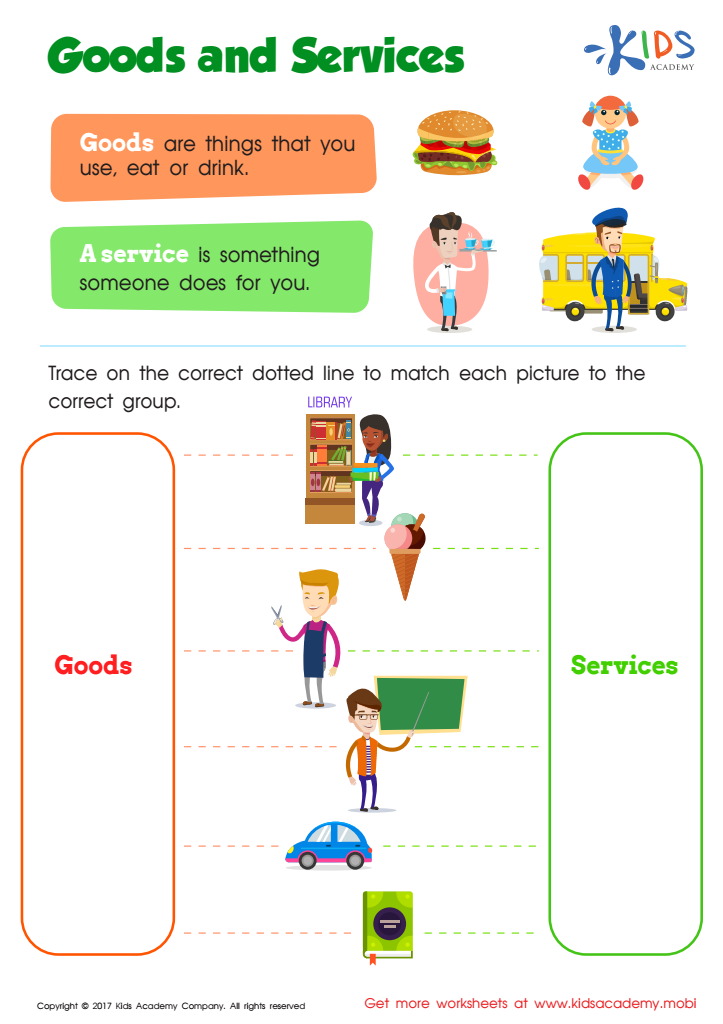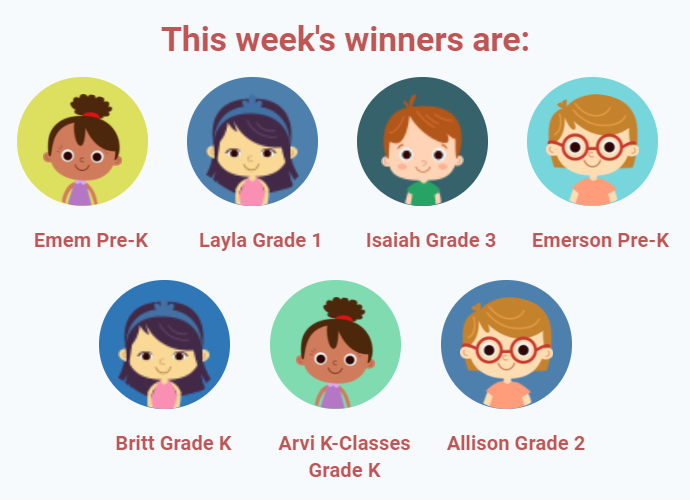Enhancing categorization skills Worksheets for Ages 6-9
5 filtered results
-
From - To
Unlock your child's potential with our "Enhancing Categorization Skills Worksheets for Ages 6-9." Designed to boost critical thinking, these engaging worksheets help young learners group and organize objects, images, and concepts effectively. From sorting animals and toys to identifying types of food and transportation, our materials are crafted to make learning enjoyable and interactive. These worksheets are perfect for reinforcing classroom lessons or for home practice, promoting cognitive development and vocabulary expansion. Tailored for children aged 6-9, they encourage creativity while building foundational skills essential for academic success. Download now and watch your child's confidence soar through exploration and discovery!
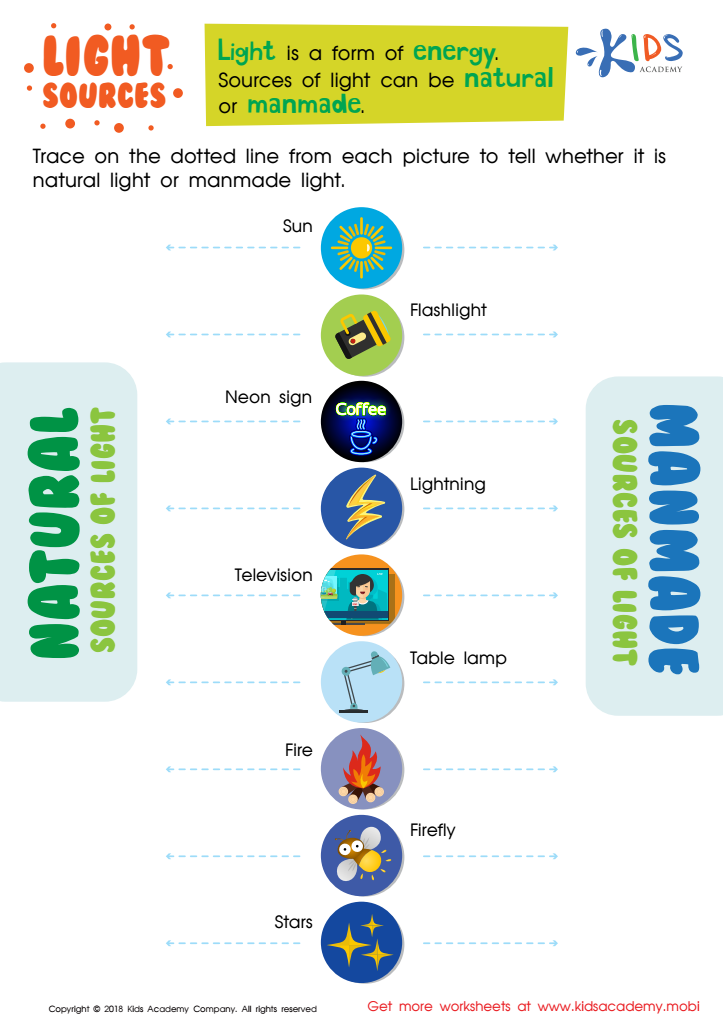

Natural and Manmade Light Sources Worksheet
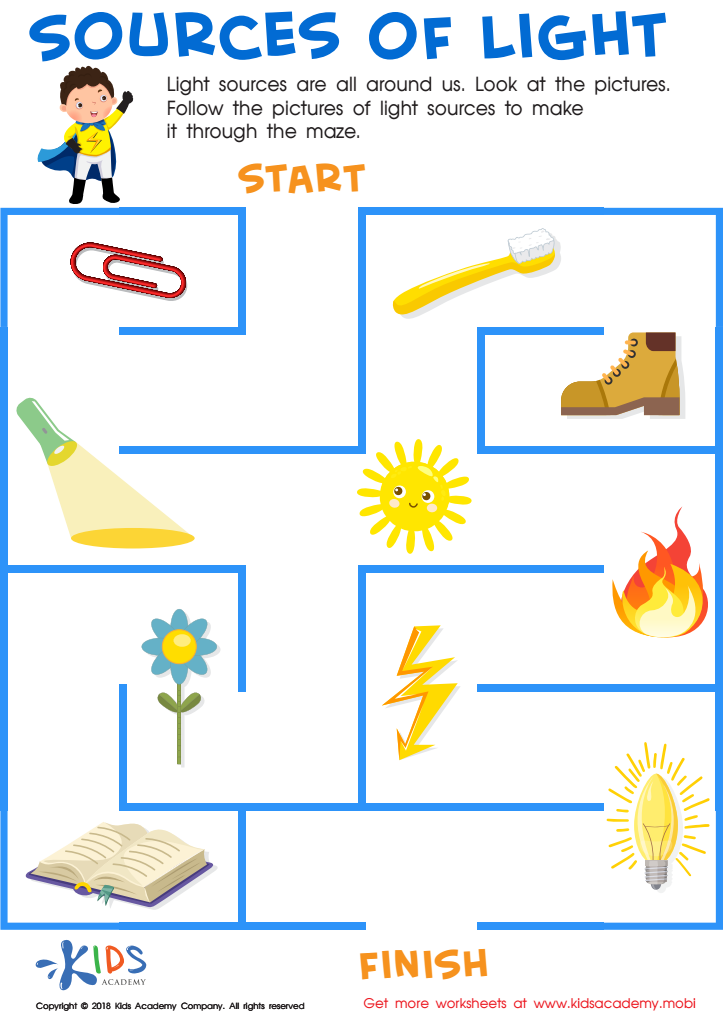

Sources of Light Worksheet
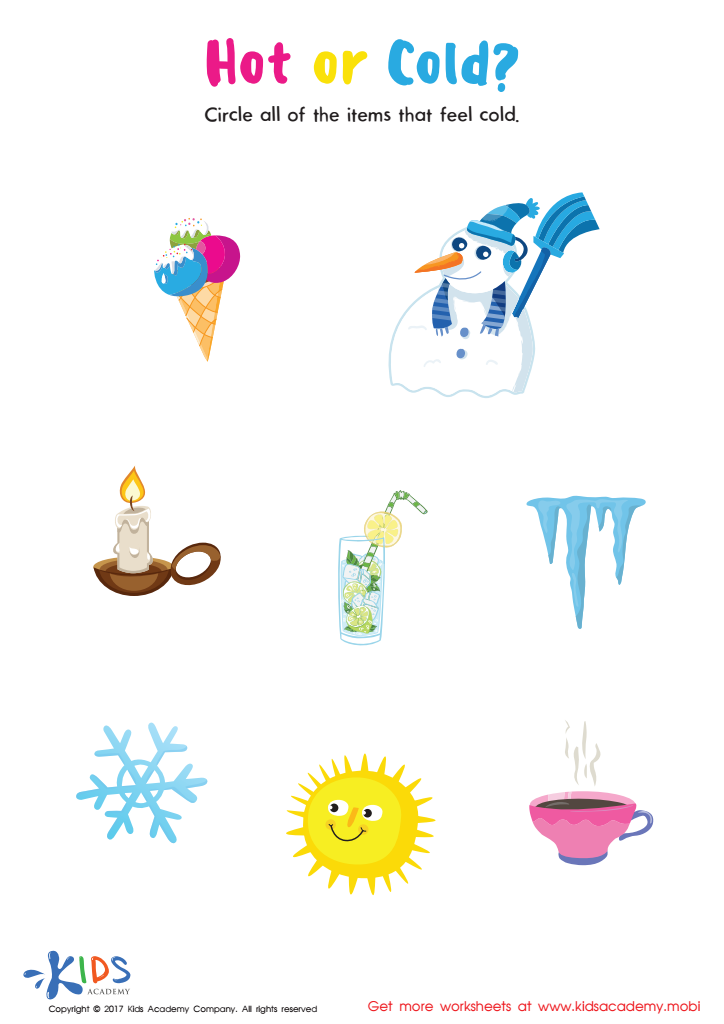

Hot or Cold Printable
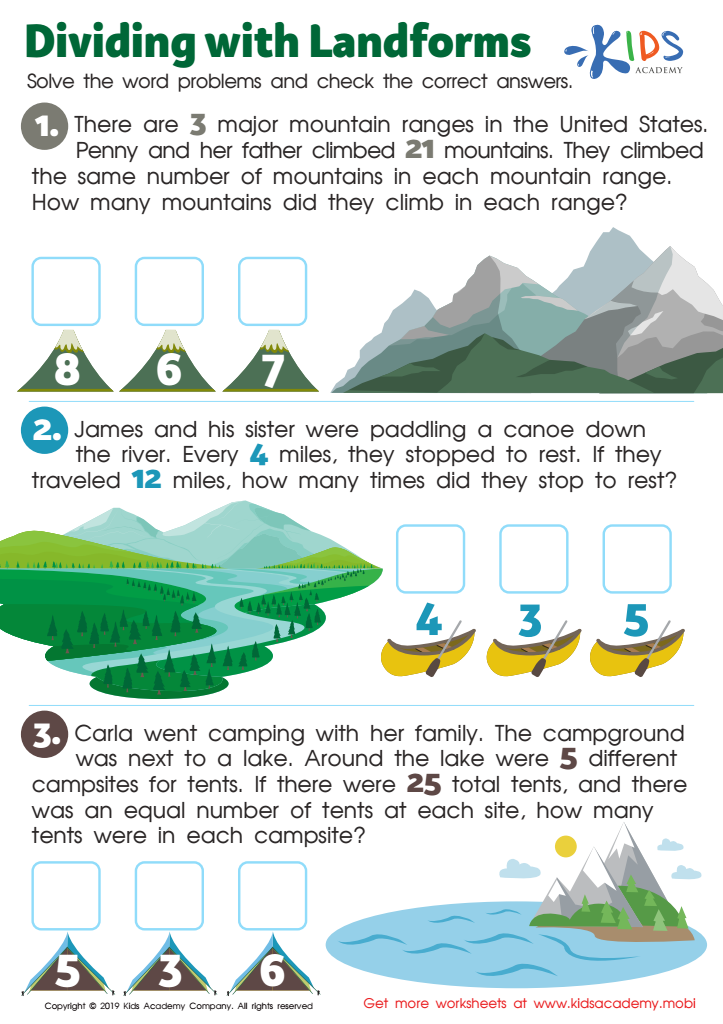

Dividing with Landforms
Enhancing categorization skills for children aged 6-9 is essential because these skills form the foundation for effective learning and critical thinking. At this age, children are developing cognitive abilities that enable them to recognize relationships between different concepts and organize information systematically. By improving categorization skills, teachers and parents help children make sense of the world around them, facilitating better understanding and retention of knowledge.
Categorization supports literacy, as children learn to group words by context, such as synonyms, antonyms, or even themes in their reading. In mathematics, categorization enhances problem-solving abilities, encouraging children to sort and interpret data correctly. Socially, it aids them in recognizing similarities and differences between people and ideas, fostering empathy and inclusiveness.
Additionally, honing these skills nurtures independence in children, allowing them to make connections and learn from their experiences. As children practice categorization, they build confidence in their analytical abilities, preparing them for more complex problem-solving and decision-making tasks in the future. For educators and parents, investing in the enhancement of categorization skills can lead to holistic development, ensuring children are not only academically prepared but also socially well-adjusted and thoughtful individuals.
 Assign to My Students
Assign to My Students

